
Almost Black, the forthcoming story and book by “Jojo,” err, Vijay, an “Indian American who got into medical school pretending to be an African American” has the internet abuzz and many in a rage. After shaving his head and trimming his “long Indian eyelashes,” 17 years ago Vijay Chokal-Ingam, the “Indian-American frat boy” with a 3.1 GPA, transmuted into “Jojo,” the African American affirmative action (which he refers to as state sponsored racism) applicant to medical school.
“Why now?,” many have asked, to this Vijay responds that “…he’s revealing his race ruse now because he heard that UCLA is considering strengthening its affirmative-action admissions policies,” arguing that, “…it’s a myth that affirmative action benefits the underprivileged.” Also, and perhaps most pressing, he has begun promotion for a memoir he is working on, Almost Black, which chronicles his “social experiment.” To add humor to the explicitly politically problematic, Vijay pats himself on his own back by affirming the public benefit of him not becoming a doctor. Continue reading “Almost Black?”


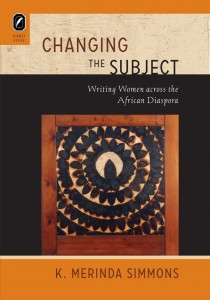
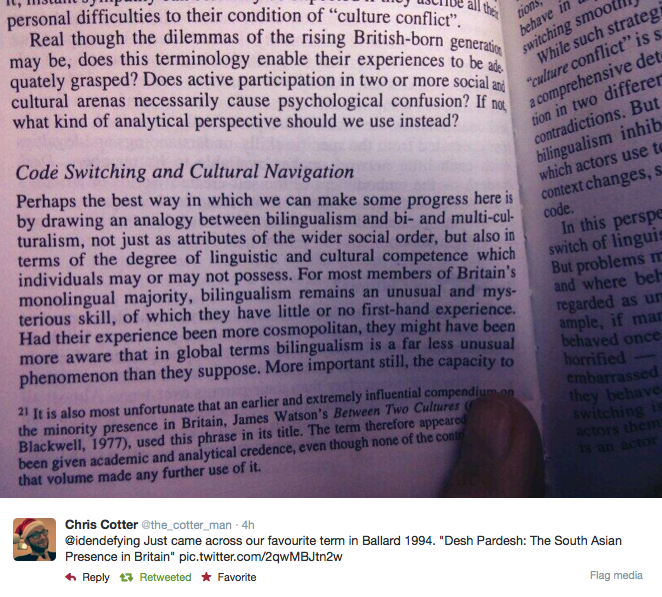 The Edge’s
The Edge’s 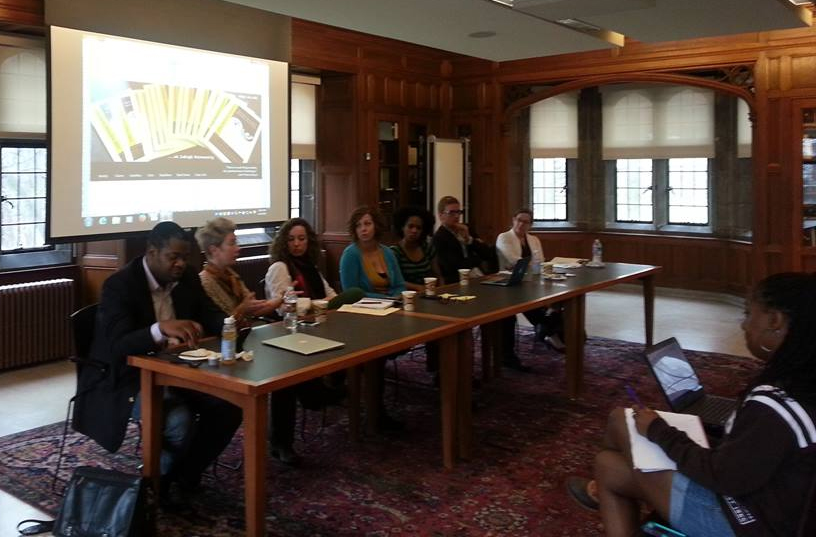 Day two of the Lehigh University workshop on code switching continues,
Day two of the Lehigh University workshop on code switching continues,
 Did you miss the live tweeting from yesterday’s code switching workshop
Did you miss the live tweeting from yesterday’s code switching workshop And there’s a group discussion today from
And there’s a group discussion today from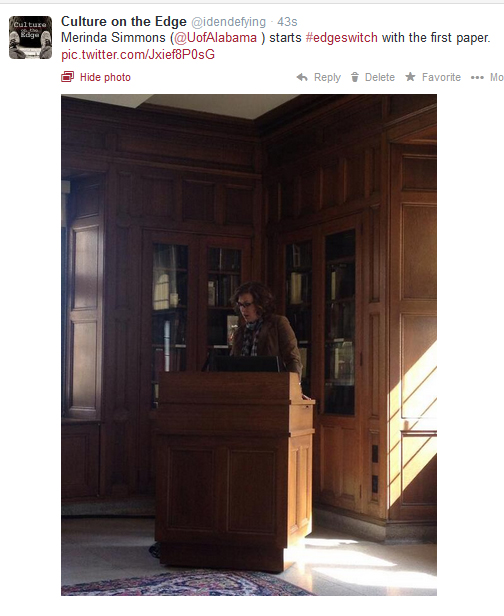 Live Tweets at
Live Tweets at 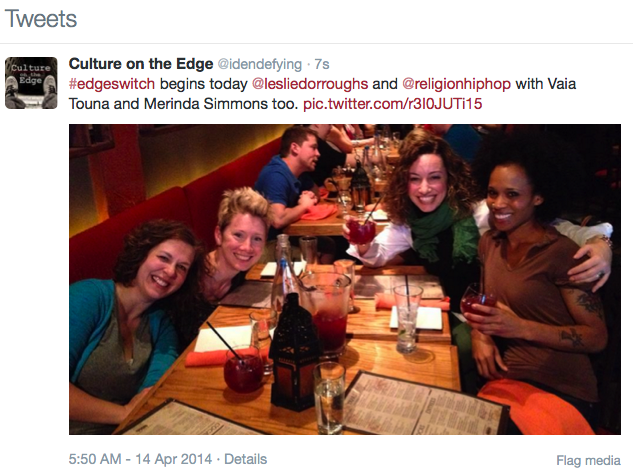 Follow the workshop (beginning today @ 10 am eastern time) on
Follow the workshop (beginning today @ 10 am eastern time) on  Yes, there was a disturbance in the Force: three members of Culture on the Edge are in the Big Apple — or should we say New York City? — on the eve of the code switching workshop, where they’ll be joined by a fourth member of our group.
Yes, there was a disturbance in the Force: three members of Culture on the Edge are in the Big Apple — or should we say New York City? — on the eve of the code switching workshop, where they’ll be joined by a fourth member of our group.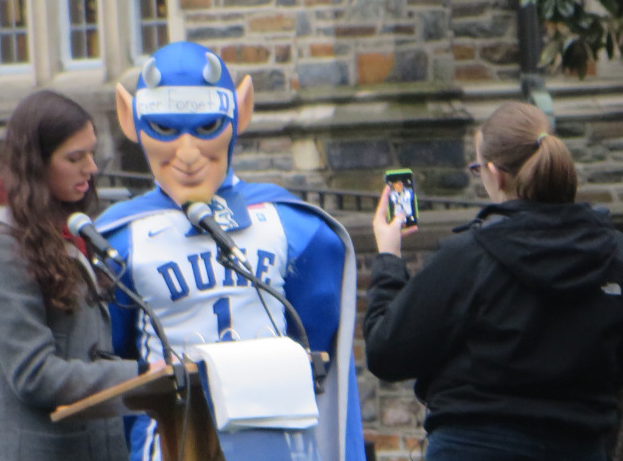 As Craig Martin, from the Edge, asks: When does code switching go wrong?
As Craig Martin, from the Edge, asks: When does code switching go wrong?